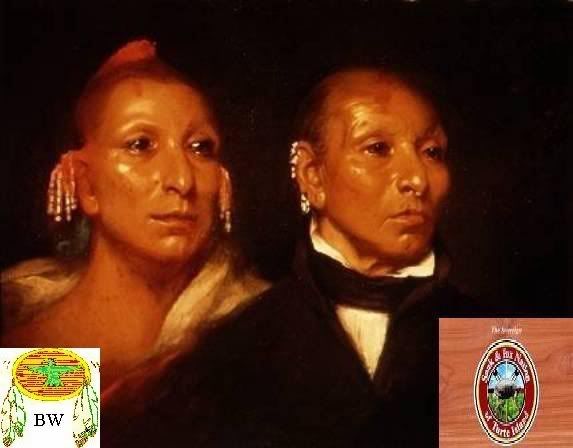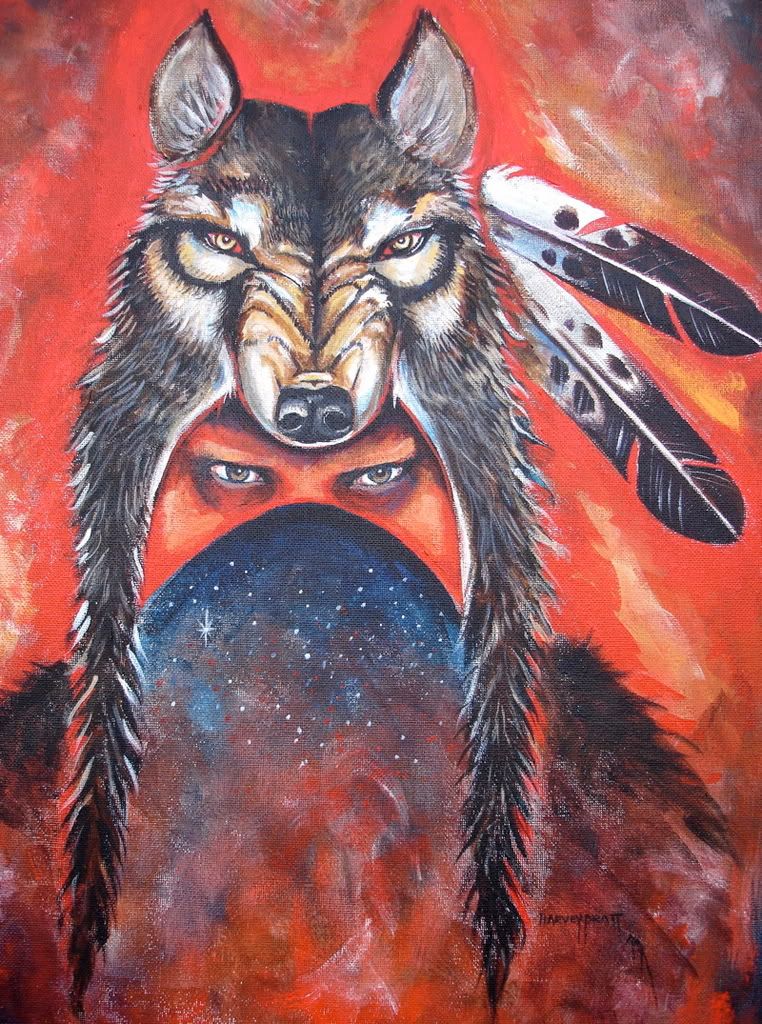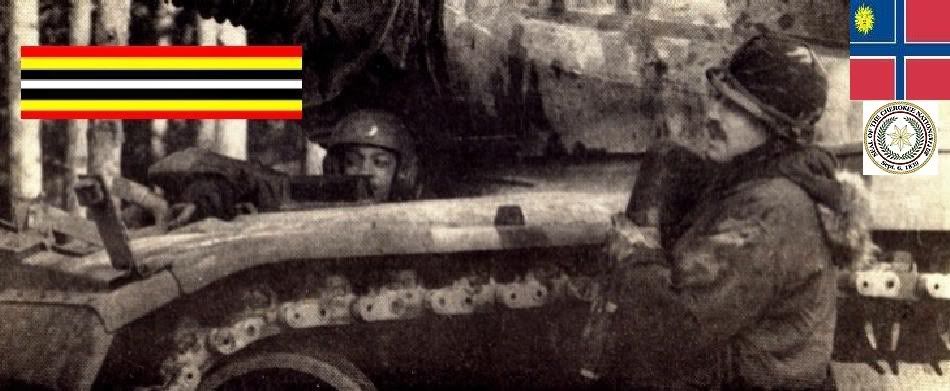|

Chief Black Hawk
1767 - 1838
Warriors Citation
Born in Saukenuk, a village of the Sauk people in Illinois, he became a Sauk chief and opposed US expansion into his people's
ancestral lands, though he was unable to prevent members of the Sauk and Fox tribes from signing a treaty that ceded all of
their lands east of the Mississippi to the USA. He sided with the British in the War of 1812 and fought US forces until 1815.
In the ensuing decade he and his people were forced to move westward, but they kept revisiting their homeland. Their effort
to plant crops there in 1832 led to a conflict with federal troops and began the Black Hawk War, which lasted from April to
August of that year.

Black Hawk and his followers were finally defeated at Bad Axe River in Wisconsin, and he was captured and imprisoned. After
his death his bones were displayed in an Iowa museum. The Indian signatories to the Treaty of 1804 (or St. Louis) had no authority
to speak for the entire tribe. The Indians' compensation was pitiful; one historian called it a collection of "wet groceries
and gewgaws." As young West Pointer George McCall put it, the fact that the white men had simply stolen the Sac & Fox land
"was apparent to the most obtuse". Black Hawk always maintained that the four Tribal members did not have the authority to
treaty with the Americans and they were made drunk and did not realize the extent of their actions. The War Chief suspected
the Americans said one thing but put something else down on paper. From: historical accounts & records


LINK TO BRAVEHORSE WARRIORS VOLUME TWO
|

